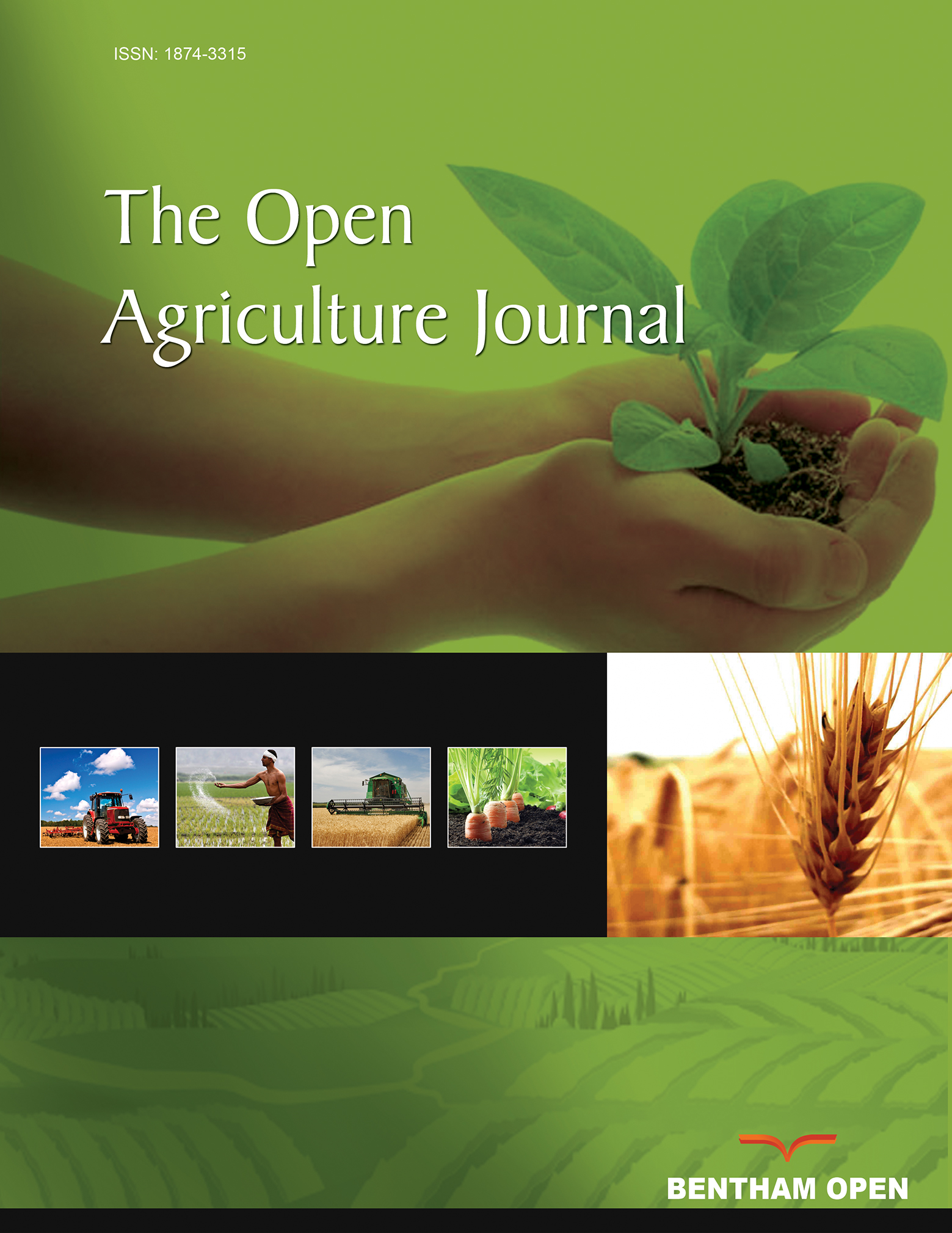All published articles of this journal are available on ScienceDirect.
Climate Change Perception and Adaptation in a Remote Costa Rican Agricultural Community
Abstract
Current agroecosystem management practices in tropical latitudes may not be an economically feasible and an effective long-term adaptation strategy to climate change. As such, implementing, improving and refining sustainable land management practices may be a more effective adaptation strategy. This study determined the perception and knowledge of climate change by landowners in a remote Costa Rican agricultural community, and evaluated the type of sustainable agricultural practices currently implemented and how such practices could also serve as a climate change adaptation strategy. Based on this information, recommendations for successful adaptation applicable to other communities were also discussed. This study showed that community members observed changes in local weather patterns over the past decade, which paralleled changes in the distribution patterns of vegetation and wildlife. Results also showed that community members had a good understanding of climate change and its potential impact(s) on agricultural production. Community members were continually striving to implement long-term sustainable agroecosystem management practices to maintain productivity, integrity and agroecosystem resilience while also meeting economic and socioecological needs. For example, implementing seedbanks helped to improve the quality of crops and provided a source of seeds adapted to current climate conditions. Other adaptation strategies included agroforestry for soil and water conservation and as a source of fruits, nuts and forage for people and livestock. The use of livestock nutritional supplements to offset low-quality forage during the now more intense dry season, compared to previous dry seasons, were also used as an adaptation strategy. An affiliation with social networks to help access resources and implement sustainable agriculture and climate change adaptation strategies were essential in this community. Based on surveys with community members, this study developed a 3- stage plan for developing successful adaptation programs for application in other small agricultural communities in tropical latitudes.


